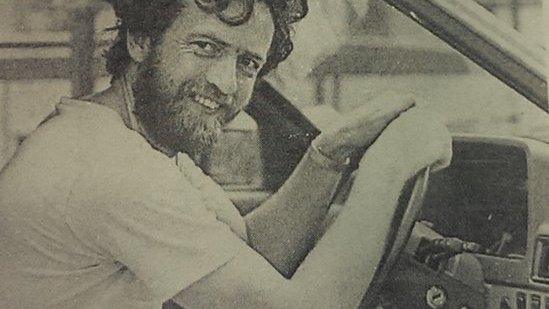Can Jeremy Corbyn run an effective opposition?
- Published
Jeremy Corbyn created a grassroots movement that swept him to the Labour leadership against the odds. But now he has to run Britain's main opposition party - a very different challenge. How will he cope?
What is Opposition?
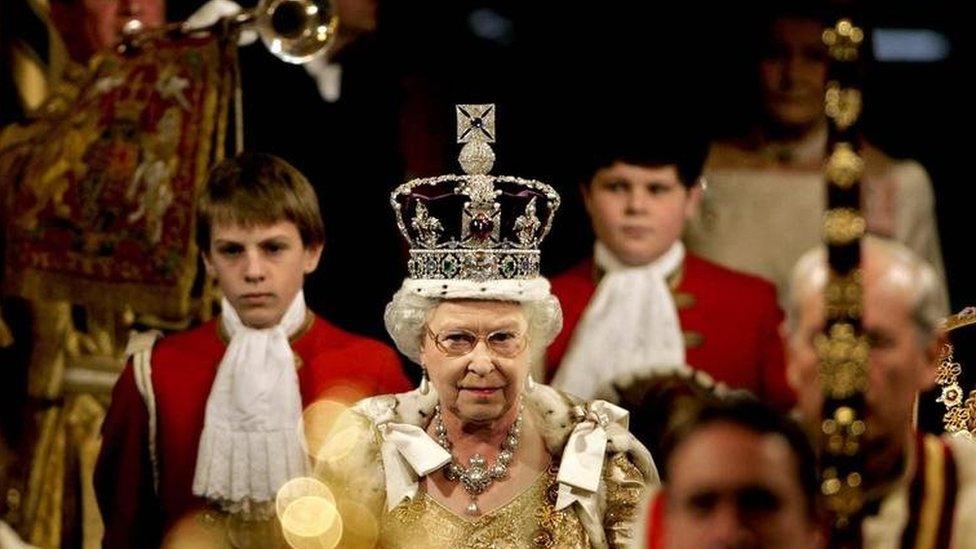
The term Her Majesty's Loyal Opposition started as a joke in the early 19th century House of Commons, but it stuck.
In modern times, the party with the second highest number of MPs is the official opposition - it is their constitutional duty to be an alternative government.
The leader of the opposition is seen as a prime-minister-in-waiting and gets a bigger salary, a much bigger office and has to attend official events.
Mr Corbyn - a staunch anti-Monarchist - is going to be seeing a fair bit of the Queen.
He has joined the Privy Council, the inner circle of advisers to Her Majesty, prompting cries of hypocrisy from his friends in the press.

The worst job in politics
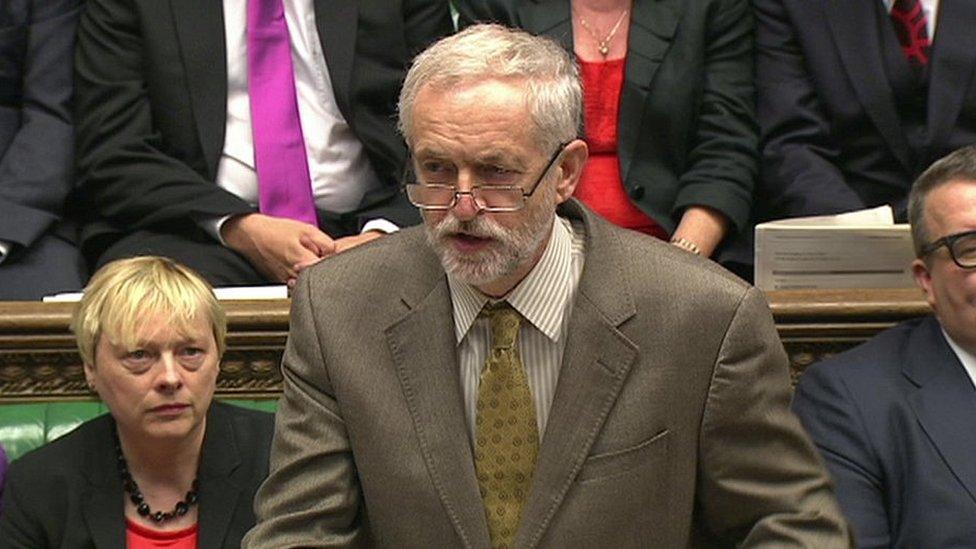
Not for nothing is Leader of the Opposition known as the most difficult job at Westminster - all responsibility and no power.
Taking on the government with a fraction of its resources and trying to get a fair hearing - or any hearing - for your policies can be a frustrating, soul-destroying experience.

Infamy, infamy!
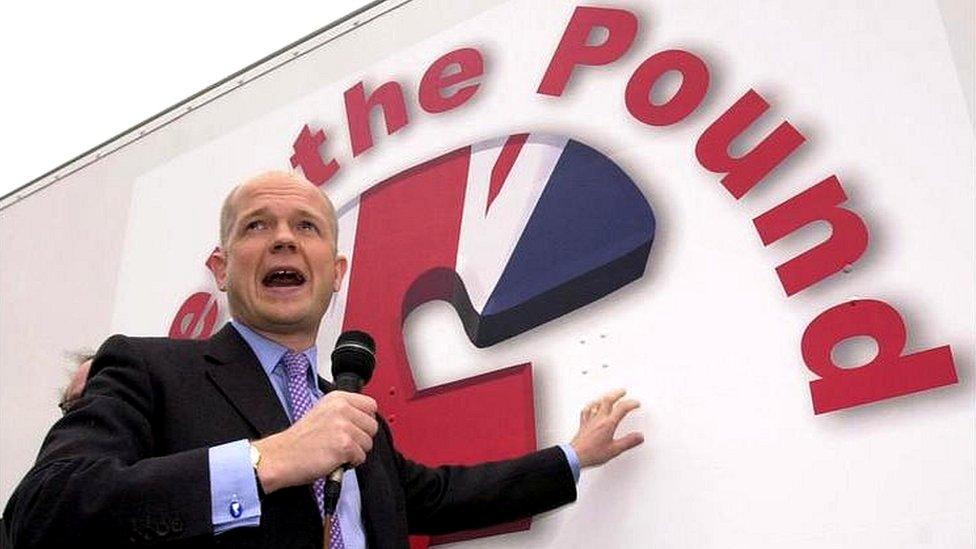
You also have to watch your back.
There are always potential assassins lurking in the shadows - or in Mr Corbyn's case writing opinion pieces for national newspapers.
William Hague, a man who learnt a thing or two about treachery during his time as Conservative leader, had this advice for Mr Corbyn in his Telegraph column, external: "The new leader cannot afford for long the threat of open discontent or rebellion. He has to keep an eye on every MP who is aggrieved or demoralised while managing three concentric rings of potential enemies."

What's the secret?
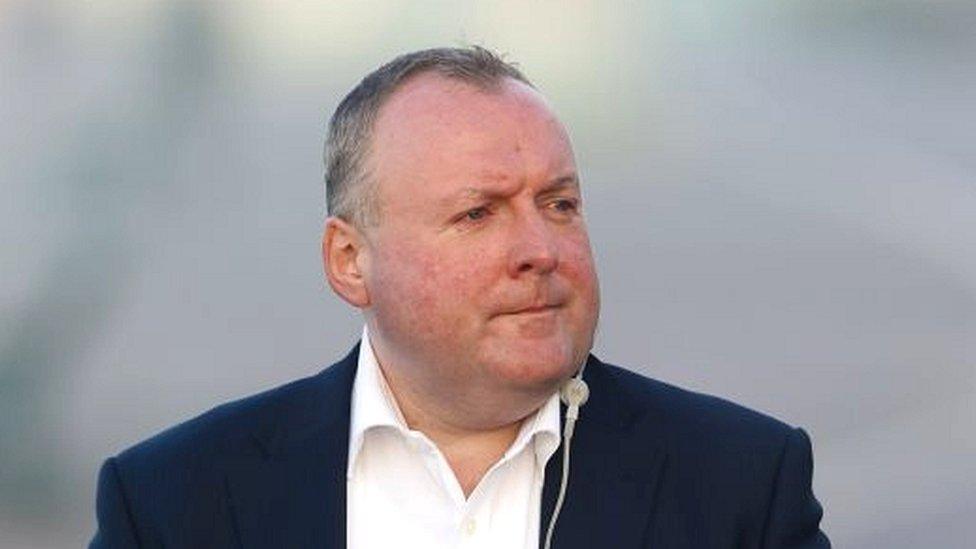
Gordon Brown's former spin doctor Damian McBride (pictured) says effective opposition comes down to organisation - and Mr Corbyn risks letting down his army of supporters if he is not able to use the full resources at his disposal to attack David Cameron.
"They elected Jeremy Corbyn as someone who is really going to go at the government and be different and take them on. He will need ammunition from the public but also the ammunition he gets from his own MPs," he tells BBC News.
Attacks on the government have to be carefully-targeted and co-ordinated - and questions have to be watertight. It is no good launching a full frontal assault on David Cameron if it falls apart at the first challenge to some dodgy statistics.
"He needs a research operation and that is always something that is coordinated by ministerial offices and the whips office," says Mr McBride.

How is Corbyn handling it so far?
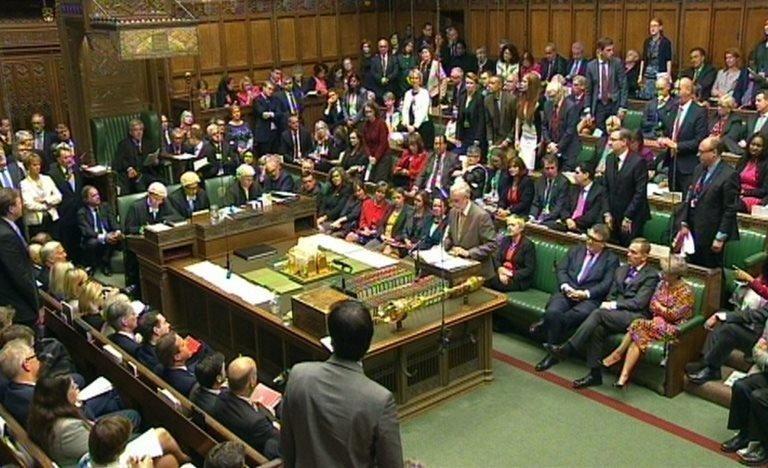
He steadied the ship with his first Prime Minister's Questions but it has been a bumpy start, with Mr Corbyn's own views on fundamental issues such as Europe, benefits and nuclear weapons sometimes appearing at odds with those of his own front bench.
As a backbench MP, Mr Corbyn could make up his own policies. Not any more.
"He has never had to compromise. But now he is leading a team and you do have to make compromises. It is different to being a backbencher. It is a big challenge," says Ayesha Hazarika, Harriet Harman's former chief of staff.

Getting a grip
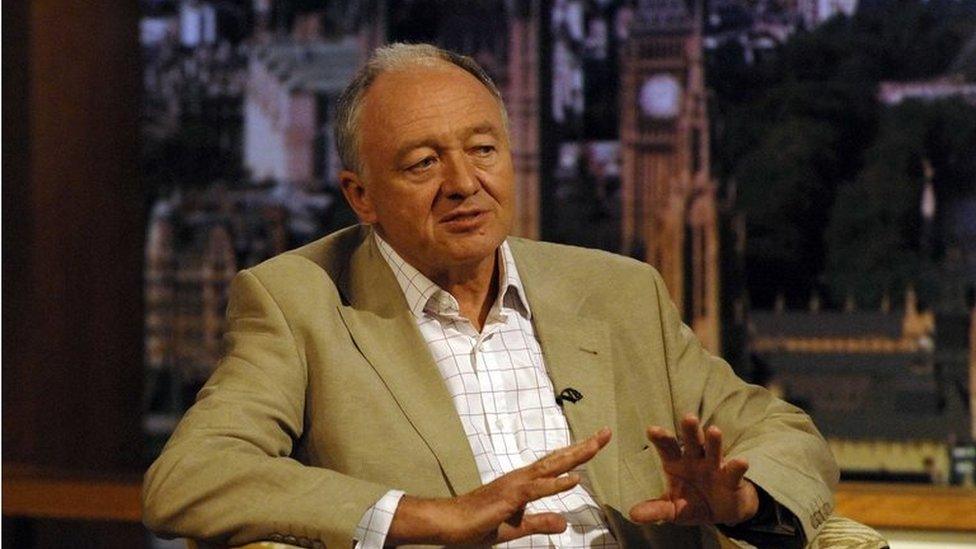
Thursday's appointment of Neale Coleman as Mr Corbyn's head of policy and rebuttal, is being seen as major boost to his chances of running a strong opposition.
Mr Coleman is a former adviser to Ken Livingstone, when he was London mayor, and was closely involved in the bid for the London Olympics, and the subsequent staging of the games.
He joins another former Livingstone adviser, Simon Fletcher, who is Mr Corbyn's campaign director.
Even Tory-supporting lobbyist Peter Bingle, not a fan of Mr Corbyn, is impressed, calling Mr Coleman "one of the best advisers I have ever worked with".
The combination of Mr Coleman and Mr Fletcher means the Labour leader has "appointed two of the best political brains,", external he adds.

Discipline issues
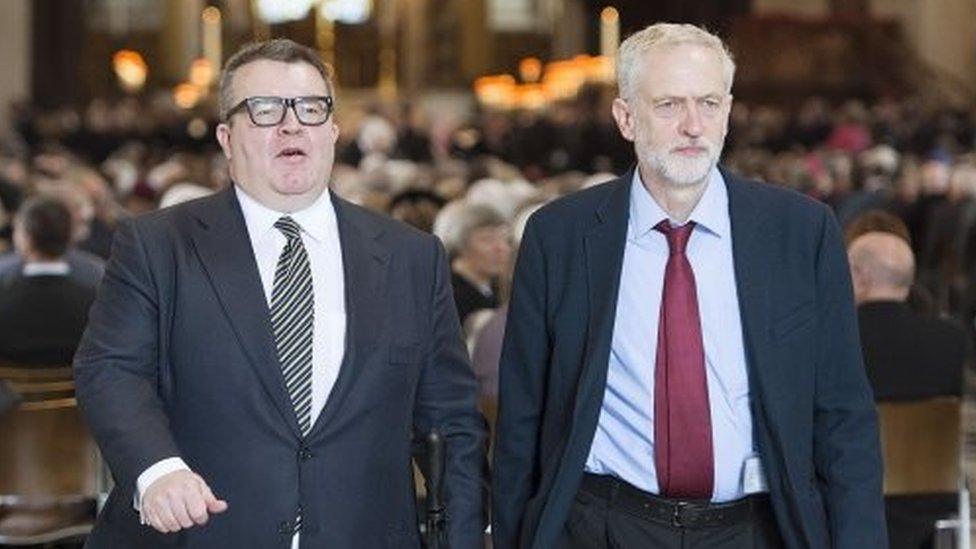
One of Corbyn's first decisions was to keep Rosie Winterton on as Labour's chief whip - seen as another shrewd move.
As a serial rebel Mr Corbyn will know all about her powers of persuasion, even if he was able to resist them.
Deputy leader Tom Watson will also play a crucial role.
He hates being called a "fixer" apparently but, as a former minister and head of Labour campaigns, and the man who played a role in toppling Tony Blair, he knows how to get things done at Westminster.

Money worries
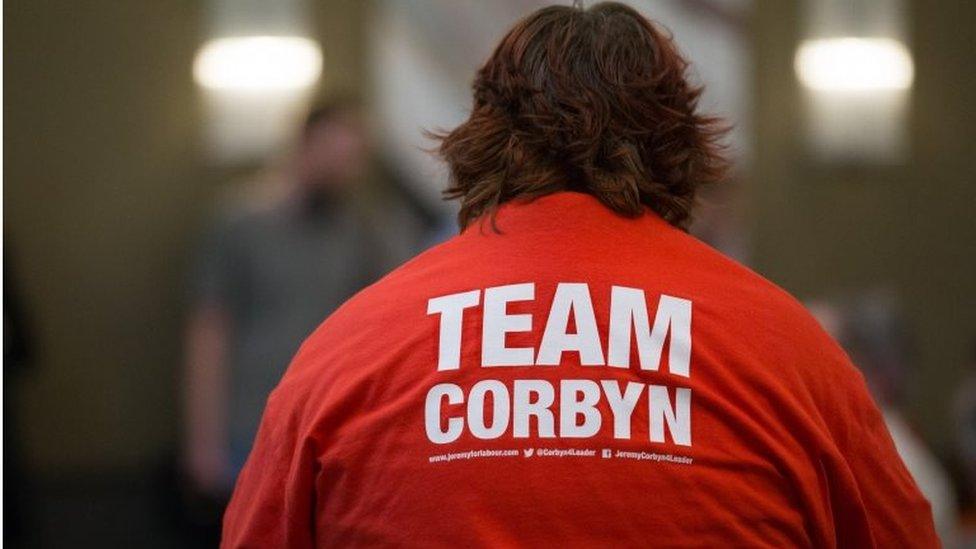
Mr Corbyn can rely on money from the trade unions - he raised £220,000 from them during his leadership campaign.
But wealthy individuals who have previously donated large sums to Labour have been lining up to pull the plug.
One of them, Assem Allam, the controversial owner of Hull City football club, has even offered to bankroll any "moderate" Labour MPs who want to break away and form their own party, according to The Times, external.
Home shopping tycoon John Mills, Labour's biggest individual donor in recent years, has also offered to funnel money into Labour MPs intent on keeping the moderate flame alight, according to The Telegraph., external
It is hard to see abstemious Mr Corbyn squeezing into a smart suit to schmooze City big wigs over brandy and cigars.
But converting some of the 88,449 people who signed up to vote for him for £3 into full members, at £46.50 a pop, might help ease the party's money worries.

Taming the media beast
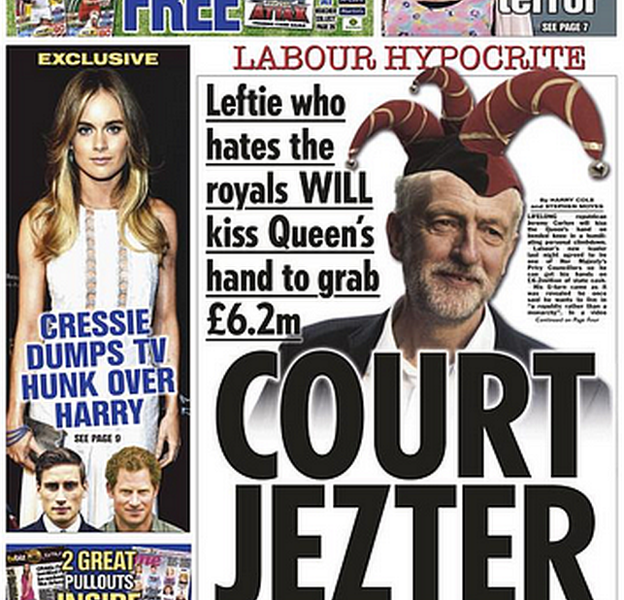
Shadow Chancellor John McDonnell told Channel 4 News Team Corbyn did not need mainstream media - it had its own media, by which he meant social media, the secret weapon that propelled Mr Corbyn to the party leadership.
It must indeed be tempting for Team Corbyn to stick two fingers up to the tabloids, figuring they will never get a fair hearing (Ed Miliband tried to tame the beast - even posing with a copy of The Sun - and look where it got him, they might argue).
But that is dangerous thinking, says prominent Corbyn supporter Owen Jones, in The Guardian, external: "If social media were as politically invaluable as the left would like, Labour would now be in office with a majority of 150," he writes.
Most people are not on Twitter and the vast majority of those that do use the site are not interested in politics, getting what information they need from newspapers and TV news bulletins.

Send for a spin doctor
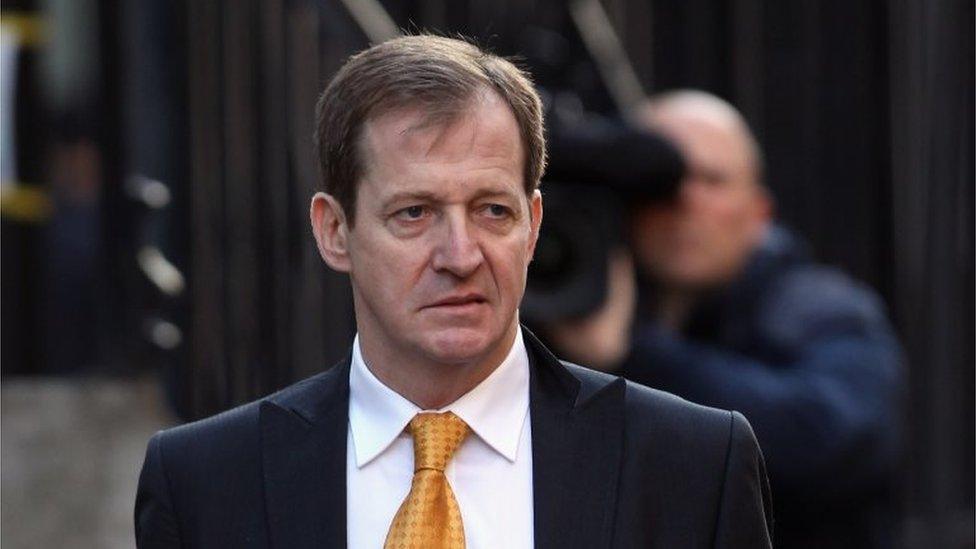
So how exactly do you get a hearing in the mainstream media, if large swathes of it are hostile to you?
The conventional answer has been to hire a Fleet Street hard man or woman as your press chief.
Damian McBride does not think it is necessary for Mr Corbyn to have an "Alastair Campbell-style Svengali" - but he warns Team Corbyn against thinking they can just carry on where they left off with the leadership campaign, by holding more public meetings and extending their social media presence.
"They may, if they are sensible, rely on regional media, where they may think they will get a fairer hearing, but that can't ever be enough.
"I think they are going to have to accept some of the advice they are getting to at the very least engage with the broadcasters, who will tend to always be more balanced, and to just try and reach out through some of the national newspapers."
If Labour's attacks on the government are eye-catching enough The Sun and The Daily Mail will print them, he argues.

It's early days
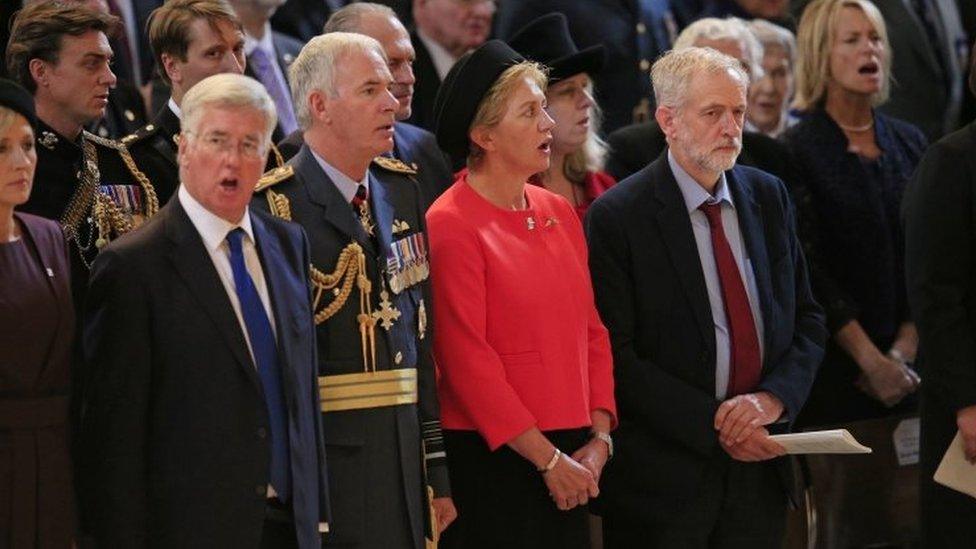
Media "tittle tattle" is how Jeremy Corbyn has dismissed the stories - such as the row over his decision not to sing the national anthem - that have swirled around him since he took over.
He is trying to do things differently, he insists.
That is no excuse for "chaotic" media management, sloppy briefings and pulling out of interviews, mutter the Westminster media classes.
Has his refusal to play the media game put a few noses out of joint?
"I think there is a little bit of that," says Ayesha Hazarika.
"If you are in Team Corbyn your primary concern is probably not how the media feel they have been treated. We are in a different politics now.
"These things were much higher up the agenda before. We are in a completely new situation in Labour politics. There has been a cultural revolution."
- Published15 September 2015
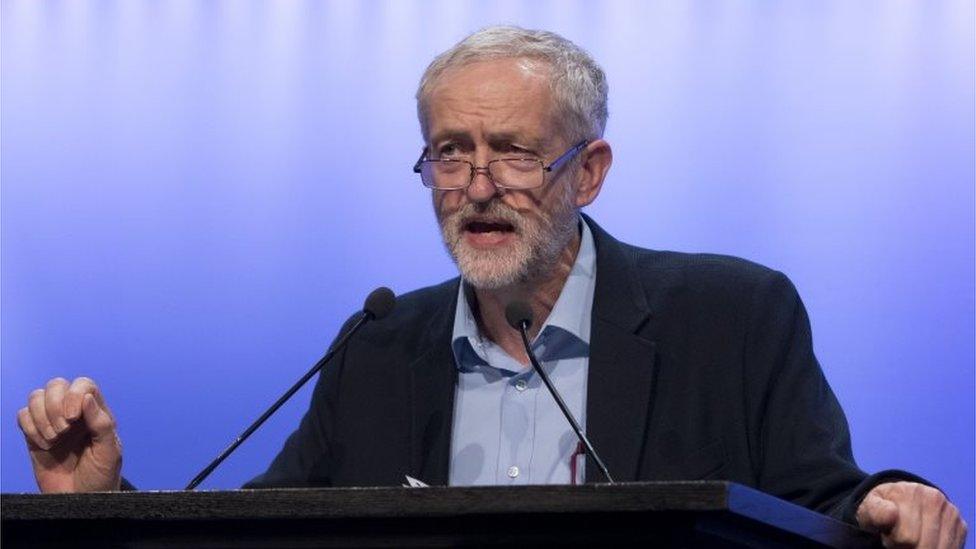
- Published16 September 2015
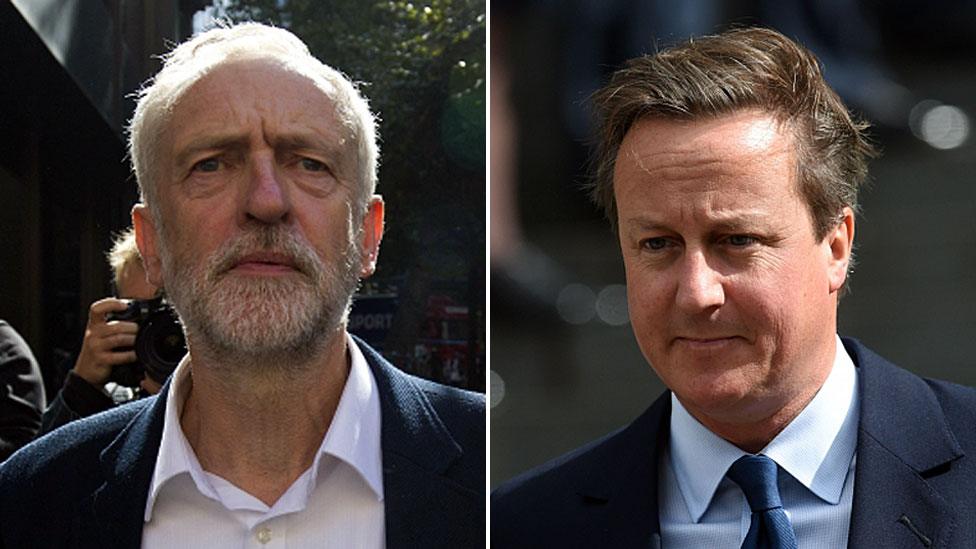
- Published16 September 2015
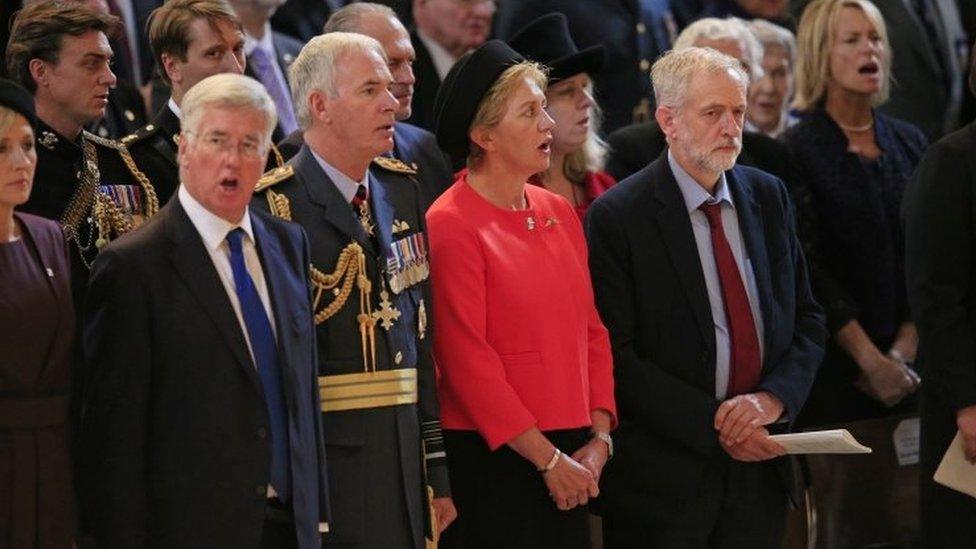
- Published15 September 2015
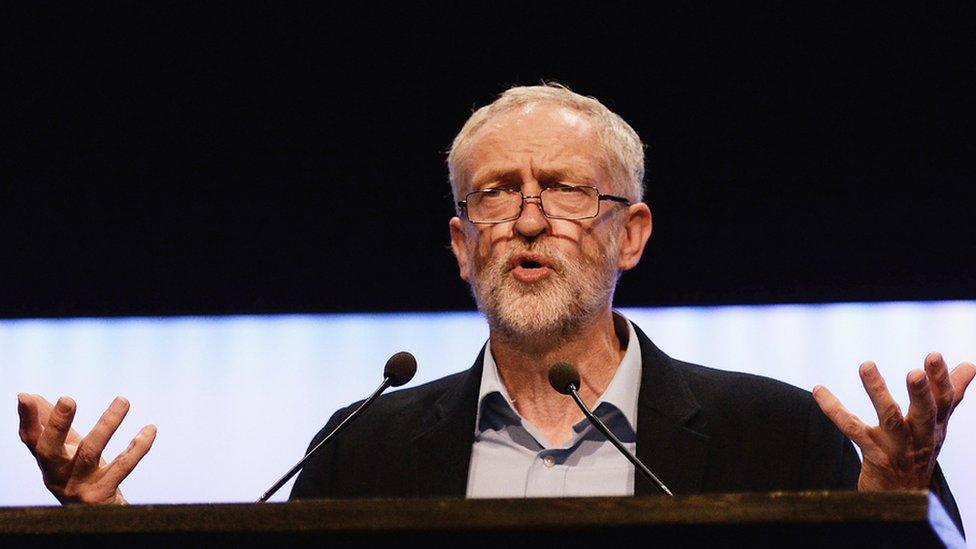
- Published15 September 2015
